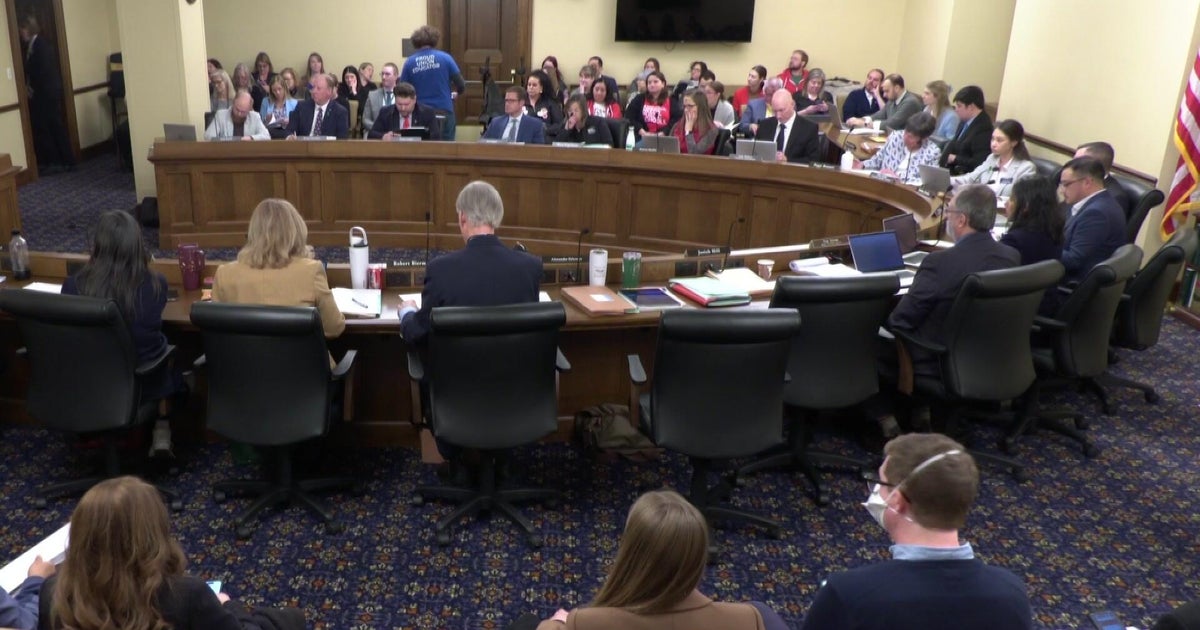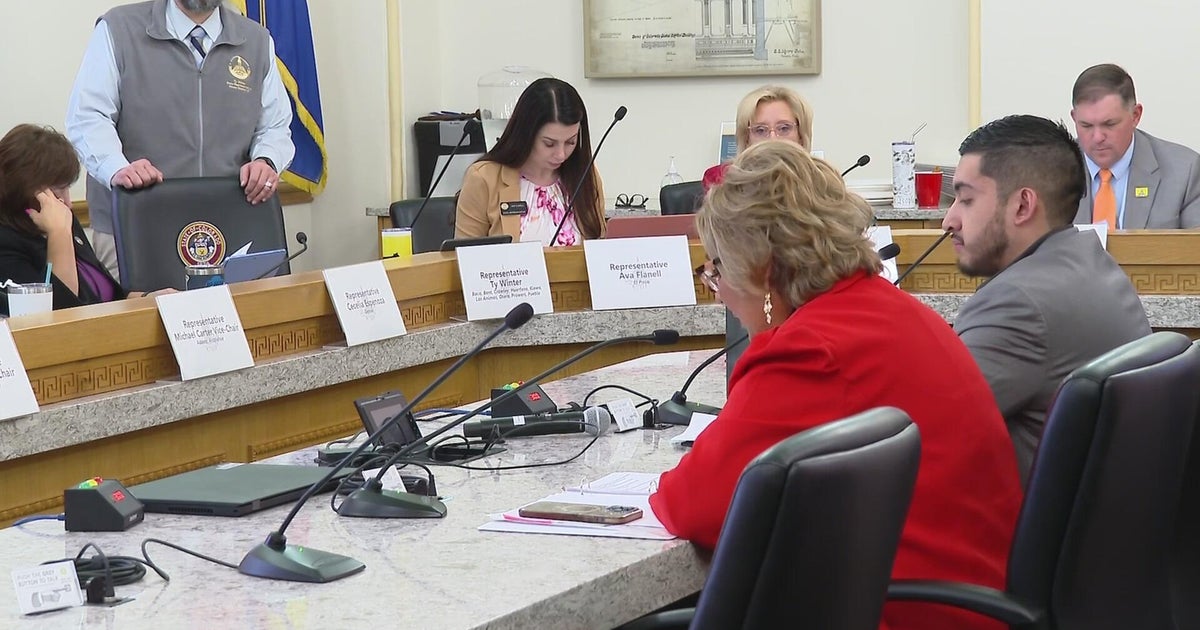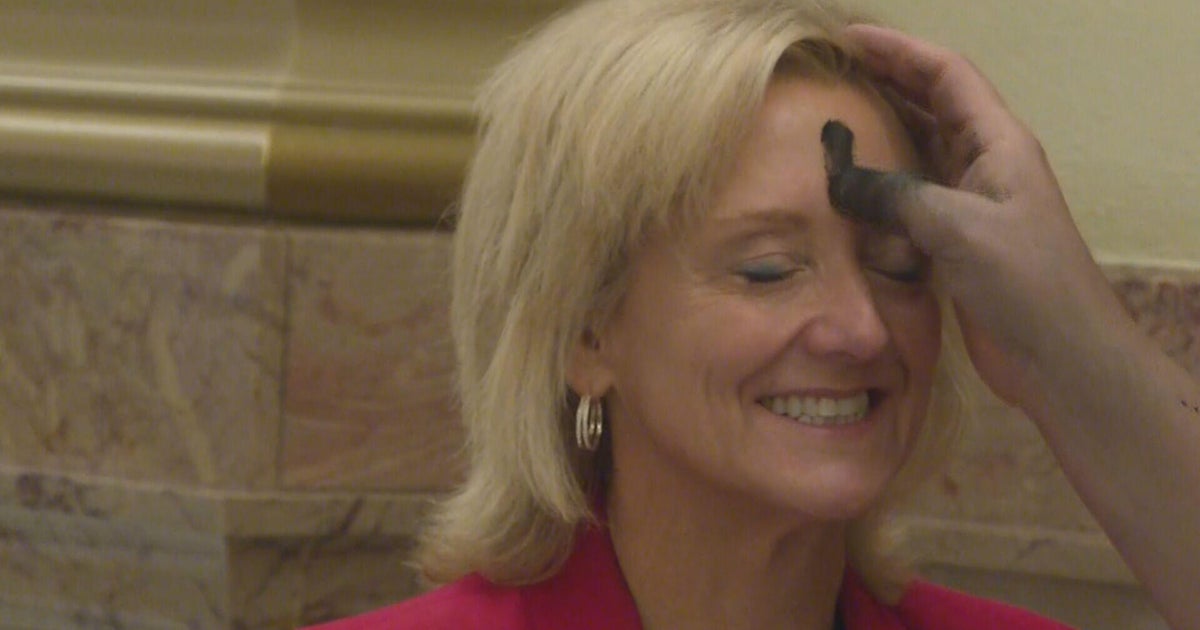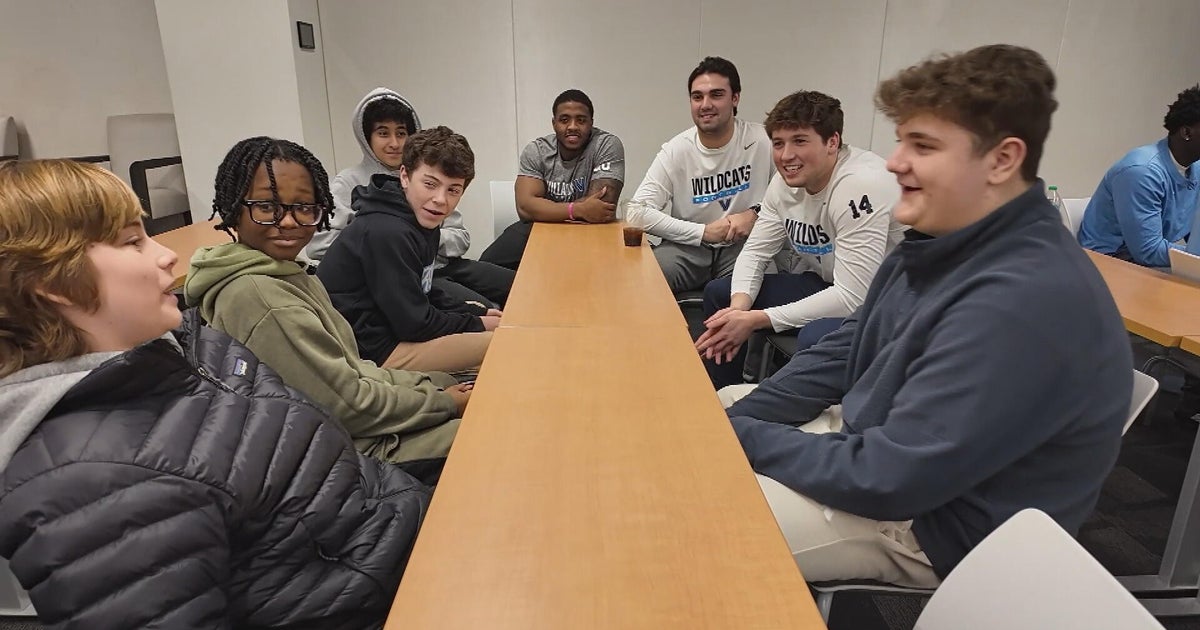Concordia Students Seek To Change 'Legislator Immunity'
ST. PAUL (WCCO) -- A group of college students is taking on what they see as a loophole in the state constitution. It's referred to as "legislator immunity," and essentially protects lawmakers from arrest during the legislative session.
In the halls of the State Capitol, Coy Smith and his fellow classmates get a real life lesson in the legislative process.
"It's obviously a class and we're getting a grade, but it's more than that for us," said Coy Smith, a sophomore at Concordia University.
Each week, the government class from Concordia University meets with lawmakers to try to win support for a new bill.
Their effort centers around a card given to every lawmaker.
"We all get that card at the beginning of session. I don't even remember I have it," said Rep. John Kriesel, a republican lawmaker from Cottage Grove.
The concern is that some lawmakers may be abusing this privilege, seeing it as a get out of jail free card.
It essentially exempts legislators from most offenses during a legislative session, including impaired driving.
Article 4, Section 10 of the Minnesota Constitution touches on privilege from arrest: "The members of each house in all cases except treason, felony and breach of the peace, shall be privileged from arrest during the session of their respective houses and in going to or returning from the same. For any speech or debate in either house they shall not be questioned in any other place."
"Troubling. I think I'm stunned by it," said Jayne Jones, professor at Concordia University.
Now, the class wants drunk driving included in the constitutional language.
"Why should legislators have this so-called right that nobody else has?" Jones asked.
The students aren't pushing for an amendment to the Constitution, which can be a lengthy and expensive process. Instead, they want to change the definition of "breach of peace" in the Constitution. The new definition would include impaired driving.
"Whether you're in Congress, State Legislature, county, city, you're not above the law and I hope this clarifies that," said State Sen. Mark Parry.
The bill was introduced in both the house and senate. Its authors expect bipartisan support.
"It would be hard for people to vote against this," said Kriesel.
New legislation would likely mean an A for Smith and his classmates, but what they're working towards is worth far more than any grade.
"We want it to be a chance to make a difference," said Smith.
The students have their first House committee hearing Thursday.
They're concerned about getting this bill approved before the session is over. It still needs to go through more committee hearings, be approved by the full house and senate, and signed by the governor.







